Announcer:
The following program is a PBS Wisconsin original production.
Mike Johnson:
The bill is passed.
Frederica Freyberg:
Monumental legislation is maneuvered through the House and on to the Senate, while local leaders stay focused on health care, housing, and water.
I’m Frederica Freyberg. Tonight on “Here & Now,” a Milwaukee business leader and activist reacts to the latest moves on immigration. A new class of nurses could bring relief to primary health care. AI computing power finds a home in Wisconsin and a North Woods community hopes housing gains bring an economic boost. It’s “Here & Now” for May 23.
Announcer:
Funding for “Here & Now” is provided by the Focus Fund for Journalism and Friends of PBS Wisconsin.
Frederica Freyberg:
The House passage this week of a tax cut and spending bill that enacts President Donald Trump’s agenda, does so by adding some $2.5 trillion to the national debt over ten years. That’s after cutting more than $1 trillion in social safety net programs like Medicaid and food aid. The bill also beefs up spending on immigration enforcement. Billions of dollars for more ICE officers and the border wall, for example. And it includes things like a $1,000 fee on migrants seeking asylum. On immigration policy as it affects Wisconsin, we turn for reaction to Darryl Morin, who’s national president of Forward Latino. He joins us from Milwaukee. And thanks very much for being here.
Darryl Morin:
Well, thank you for having me here today.
Frederica Freyberg:
So passage of the bill, as you know, was not without kind of Republican infighting over its provisions. But what is your reaction to what’s in it around immigration?
Darryl Morin:
Well, we’re continuing to see an attack on our immigrant community, which we know has so many — you know, impacts our state in so many different ways. From the workforce and labor force shortage that we have right now in the state of Wisconsin to the very social fabric tearing apart people, tearing apart families. And we’re talking about people for the majority who are worshiping in our pews, working in our shops, helping pick our food and care for our parents. So it’s going to continue to have a profound impact on our state here.
Frederica Freyberg:
What can we understand about the numbers of immigrants in Wisconsin who have come in contact with ICE?
Darryl Morin:
Well, fortunately, the ICE offices in the state of Wisconsin do not have the resources that we know they wish they had. So we’ve seen — we’ve seen a slight uptick in the number of detentions. But the ones that have happened have been very high profile, such as the detentions that have taken place in courthouses, for instance. And that was a practice that under Democratic and Republican administrations before was strictly banned because they realized the impact that would have on public safety. But sadly, things have changed with this administration.
Frederica Freyberg:
Yes, because perhaps the most visible arrest in Wisconsin was that of Milwaukee Judge Hannah Dugan, charged with allegedly helping a man evade arrest by ICE agents. And it was shown in a photo released by FBI Director Kash Patel. What do you make of that case?
Darryl Morin:
Well, sadly, I fear that the FBI and the folks working there are not being led well. That issue seems to be more one about garnering headlines and trying to intimidate the courts than doing anything to improve public safety. What’s been rather surprising and welcome — welcoming to see is that so many people on both the liberal and conservative sides are actually donating to the judge’s campaign to fund her, her legal representation. And in fact, she’s being represented by two of the most conservative attorneys, well-credentialed conservative attorneys in the state. So I think everybody’s coming together and said it’s important not only to defend her, but more importantly, defend the Constitution and the separation of powers between the executive branch and the judiciary.
Frederica Freyberg:
And yet, when people you advocate for see a judge arrested, what do they think about their own protections?
Darryl Morin:
Well, there’s — I’m not going to deny it, there is tremendous concern out there right now with all of the policies and rules that are changing outside of the normal channels. We’re seeing individuals across the country, even those lawfully present in the United States, being detained and deported without any due process whatsoever. And what I think should concern every American is that a lot of those detentions and deportations have taken place despite court orders saying that they were not to move forward, and they were not to occur. So not only is this an immigration issue, but it’s quickly becoming a constitutional issue as well.
Frederica Freyberg:
We know this week that the U.S. Supreme Court allowed Donald Trump to revoke Venezuelans’ protected status as that case proceeds. What is your and others reaction to that?
Darryl Morin:
Oh, there’s a tremendous amount of fear and — but I think, more importantly, a feeling of betrayal amongst so many in the Venezuelan community whose vote was literally courted by the administration’s campaign, you know, accusing our previous president of being a dictator much in the framework of the current leader of Venezuela. And then to see what is happening today, they are completely dismayed and disappointed and enraged and fearful cause many of them are going to be returned under these conditions to an oppressive regime and will feel those repercussions in a very serious way.
Frederica Freyberg:
When you consider all of the kinds of ways that the administration wants to sweep immigrants from our shores and prevent new immigrants from coming here, what stands out the most?
Darryl Morin:
Well, being a person of faith, I can tell you that’s the first thing here. I think that I fear the administration has taken an all-stick approach to this. It doesn’t have to be one or the other. For years we’ve advocated with others, such as former Speaker Paul Ryan and the late, great Senator John McCain. We’ve advocated for immigration reform that would not only meet our country’s security and economic concerns and requirements but would allow us to fulfill the tenets of our faith and to be the defenders of humanity. So we know we can have all three. They’re not mutually exclusive.
Frederica Freyberg:
Darryl Modin, thanks very much for joining us.
Darryl Morin:
Thank you.
Frederica Freyberg:
Higher education leaders in Wisconsin sounded the alarm this week over provisions in the House reconciliation bill that tightly curbs student financial aid. They called out the elimination of the federally subsidized loan program for undergraduates, in addition to restrictions on loans for graduate studies. And of major concern, changes to Pell Grants for lower income students that nearly 80,000 Wisconsin students receive. These changes require full-time attendance, whereas 35% of current recipients attend college part time. This is of particular concern to the technical college system.
Layla Merrifield:
We have serious concerns about the numbers of students who would lose Pell Grant eligibility entirely. We think, according to our preliminary analysis, at least 6,000 students would lose eligibility entirely. Many thousands more would lose portions of their grants, as they would be prorated based on the number of credits that these students are able to take. Now, when they’re working part time and often raising families on their own, it’s very difficult for them to increase those credit loads and stay successful both in college career and in their family responsibilities.
Jose Villarreal:
For students like me, that change would make a hard situation even harder. It’s not as simple as signing up for one more class. I’m already taking as many credits as I can while working, being a present father to my young daughter, and managing responsibilities outside of the classroom. I’m doing everything I can to stay on track and earn my degree. Adding another class isn’t just about effort. It’s not about wanting success badly enough. My days are full. My early mornings, late nights, a lot of hard work. Raising the credit requirements wouldn’t speed up my education. It would slow it down. It would force me to choose between work and school. It would make the path harder. It would push students out.
Frederica Freyberg:
With the spring state Supreme Court election barely in the rearview, one candidate is already eyeing the next seat up for reelection. Former Democratic state representative and current appeals court Judge Chris Taylor announced this week she would be challenging conservative Justice Rebecca Bradley, who last month confirmed she would be running for a second ten-year term on the high court.
Highly trained nurses in Wisconsin could soon be able to practice on their own, outside the supervision of physicians under a bill gaining support at the state Capitol. The Advanced Practice Registered Nurse Modernization Act just had a public hearing before the Assembly Health Committee, with physician groups formally opposed to the new licensure now formally neutral to the bill. Governor Evers had vetoed the measure twice but negotiated its terms with Republican sponsors. Republican Patrick Testin of Stevens Point is Senate sponsor of the bill, and he joins us now. And thanks very much for being here.
Patrick Testin:
Thanks for having me.
Frederica Freyberg:
So what would this new advanced practice registered nurse licensure allow?
Patrick Testin:
So the APRN Modernization Act has been introduced over the course of the last decade and a half in some form or fashion. It’s taken different approaches and routes, and I’ve been a co-sponsor of it the last two sessions. But ultimately, what this agreed-upon bill will do will allow APRNs after four years of experience, to practice independently without having to have a collaborative agreement with a physician. On top of that, despite the fact that this was vetoed last two sessions, we’ve had very good conversations with various stakeholders, along with the governor’s office to alleviate some of the concerns that he had laid out in the previous two sessions with his veto message, which was the years of training and experience. The second was dealing with title protections and then third, dealing with pain language, primarily for our nurse anesthetists who practice in rural areas. The reason why this bill is so critically needed is we face a significant healthcare workforce shortage here in the state, and our APRNs help fill that void. And by allowing them to operate at the highest level of their scope of practice, it’s going to empower providers to do the jobs that they were trained to do, which is take care of Wisconsin patients. And while this has taken a long time to get there, I’m relieved that we have an agreement with the governor, and I am confident that when it reaches his desk, it’s going to get signed into law and this is going to be a step forward in the right direction to empower our nurses and our APRNs all across the state of Wisconsin.
Frederica Freyberg:
Great. So what will it mean for areas of the state in high need of health care providers?
Patrick Testin:
I think this is going to be huge, especially when you take a look at our critical access hospitals where oftentimes these hospitals in rural areas, they rely on nurse anesthetists because oftentimes they don’t have an anesthesiologist on site. And on top of that, for communities where they have a lack of physician positions, it’s going to allow our APRNs to go into these underserved areas and provide that first line of care for patients. And so this is a profession that has seen a tremendous growth in recent years, but yet we still have vacancies and shortages, upwards of 9 to 10% in many of our areas around the state. And so this is just one small piece of the puzzle as we work with our colleagues on both sides of the aisle to address healthcare shortage here in the state. But it’s a monumental step in the right direction. And I’m very pleased that we’ve been able to get a deal. I know it’s been very — at times — arduous and seemed like we were never going to get there, but through hard work and determination, primarily from the nurse organizations that came to the table and were relentless in their pursuit to get this done, that we are one step closer to seeing this bill become law.
Frederica Freyberg:
What can you tell patients who, in coming years, might be seen by advanced practice nurses about whether they are in good hands?
Patrick Testin:
Well, I think the fact that 28 other states have enacted similar legislation and when you take a look at the data from other states, the quality of care hasn’t diminished. And in fact, here in the state of Wisconsin, one of the silver linings of the pandemic, if there was any, was the fact that there were emergency orders put in place that allowed our APRNs to operate at the highest level of their scope of practice without a collaborative agreement. And the good news is, is that the quality of care did not diminish. And so we already have a track record through the pandemic at a time when our health care systems were challenged at the highest levels, and they delivered. They provided great care. And so I think once we have a few years under our belt, we’ll be able to come back to the table and see what else can be done to empower these providers. But this is first and foremost a step in the right direction that has taken nearly 13 years to get across the finish line, and we’re almost there.
Frederica Freyberg:
What will it mean for nurses now to be able to maintain their own practices?
Patrick Testin:
So this was part of the negotiated agreement. So in the original bills that I authored the last two sessions, we allowed them to have independent practice after two years of experience out in the field. Last session, in a last-ditch effort to try and reach a compromise with some of my Democrat colleagues in the state Senate as well as the governor’s office, we moved to three years. Most states that have enacted this legislation are around two to three years of training and experience before they can practice independently. Now, again, as part of the compromise, the governor was very firm that he was at four years of training and experience before they could practice independently. While I would have loved to have been at two or three, we decided, you know what, let’s get this behind us. Let’s have this fight be settled with and move it forward. And so, we will be at four years. We will be a bit of an outlier in that regard, but still, we are going to allow our APRNs after four years of training and experience, to operate at the highest level of their scope of practice, which should be the end goal for all medical providers here in the state of Wisconsin.
Frederica Freyberg:
Senator Patrick Testin, thanks very much.
Patrick Testin:
Thank you.
Frederica Freyberg:
In Ozaukee County, one of the largest data centers in the U.S. could soon be part of the landscape. Port Washington officials are advancing plans for a proposed 1900-acre data center campus. That data center under consideration is joining the list of such developments in Wisconsin because it turns out we have the perfect conditions. Here’s a story produced by “Here & Now” reporter intern Jane McCauley on how water and climate factor into data center siting decisions.
Wisconsin is rich in one of the most important natural resources: water.
Amy Barrilleaux:
We are projected to be relatively water rich in the coming decades.
Frederica Freyberg:
But a new technological frontier could test the waters.
Amy Barrilleaux:
Data centers, particularly AI data centers, need a lot of water.
Frederica Freyberg:
Data centers are popping up around the state. They run artificial intelligence data and store information. Amy Barrilleaux, communications director of Clean Wisconsin, cautions that the long-term environmental impacts remain uncharted territory.
Amy Barrilleaux:
We need to pay attention to how much withdrawals are happening. We have a lot of competing interests for that water: communities, farming, businesses, manufacturing, and now AI data centers coming in to access some of that water.
Frederica Freyberg:
Wisconsin has become a destination for new data centers because of the extreme heat they generate, requiring cooler climates and lots of water to regulate their temperatures. That’s why companies are eyeing Wisconsin for its climate and water.
Amy Barrilleaux:
A lot of people don’t really realize the impact that this kind of heavy computing is having on our environment and could potentially have on our really critical water systems.
Annette Zimmermann:
Water is one of our most valuable resources on this planet.
Frederica Freyberg:
Annette Zimmermann is a political philosophy professor who focuses on AI ethics and use.
Annette Zimmermann:
We’re dealing with a small number of people and companies who are able to decide, “Oh, we’re now going to operate in this environment, and nobody really can argue against us because we have very limited competition and almost no regulation.”
Frederica Freyberg:
For its part, Microsoft and Meta are already investing billions of dollars into AI infrastructure in Wisconsin. Microsoft says the Mount Pleasant Data Center will provide jobs and tax revenue, saying the project is expected to bring an influx of 2300 union construction jobs to the area by 2025, as well as providing long term employment opportunities over the next several years. Missy Hughes, secretary of the Wisconsin Economic Development Corporation, discussed the initial construction in a 2023 “Here & Now” interview.
Missy Hughes:
Well, having a company like Microsoft, a blue chip, a true, blue chip American company decide to create such an opportunity in Wisconsin is incredibly important and really exciting. It brings in high tech, artificial intelligence, all of these things that we see in the economy of the future. And so Microsoft choosing Wisconsin is really a testament to what we’ve done to create the workforce that they need, to create the infrastructure that they need. And we’re so excited to have them here.
Frederica Freyberg:
More recently, construction in Mount Pleasant has been on and off, but is expected to finish by the end of 2026. When it comes to water usage, Microsoft says it has plans to replenish the water it has used by 2030 and be net positive. In 2022, their global usage was more than 1.5 billion gallons of water, a 34% jump from the year prior. Microsoft declined an interview but provided this statement about sustainability. “We made ambitious commitments in 2020. These commitments are rooted in science and take the necessary steps to protect our ecosystems and prevent the most severe impacts of climate change. Our data center facilities in Mount Pleasant will not require ongoing access to large quantities of water. This is because the facilities have been designed with a closed loop cooling system that employs a combination of cooling chemicals and recycled water.” Data centers expect to provide short term employment for Wisconsin. Longer term, WEDC expects spin-off development that generates increased property tax revenue. As for environmental impacts, Barrilleaux and Zimmermann argue they may not be seen for years to come.
Amy Barrilleaux:
People get uneasy when they start realizing that this resource that means so much could be harder and harder to get, and we don’t want to get in that situation.
Annette Zimmermann:
There’s just a lot that we don’t know. And that’s because we can’t fully predict what the next wave of innovating in the generative AI space will look like.
Frederica Freyberg:
This coming weekend, Memorial Day weekend, kicks off the summer tourist season in Wisconsin. In years past, tourism hotspots have seen difficulty hiring enough workers. Part of the trouble with hiring has to do with employees finding a place to live that they can afford in these sought after areas. This week, new workforce housing units opened in Vilas County in Lac du Flambeau. The two- and three-bedroom units are very, very welcome, according to the chair of the Vilas County Economic Development Corporation, Jim Tuckwell. He joins us along with the developer, Kevin McDonell. And thanks to both of you for being here.
Kevin McDonell:
Thanks for having us.
Jim Tuckwell:
Thank you.
Frederica Freyberg:
So, Jim, first to you. Why are these units so very welcome?
Jim Tuckwell:
Well, as you pointed out, Frederica, we badly need affordable housing here. Our population is skewed to older residents. We have a lot of retirees in Vilas County. And conversely, the people that are aged 20 to 34, those that would be looking for affordable housing, most likely as they’re starting out their careers. We have much fewer, like 8% fewer people in residents in that age group than the state of Wisconsin. So we really badly need units like Kevin’s to attract younger people who can join the workforce, as you pointed out.
Frederica Freyberg:
So, Kevin, tell me about this new development of apartments. They’re described as workforce housing, but also luxury, affordable, with rents ranging, I saw, from about $900 to $1200 a month. What are the units like?
Kevin McDonell:
Yeah, I mean, the units are really great. They’re all townhouse style units: individual entries, attached garages. All of the buildings have rooftop solar. And in terms of the affordability and the level, we have a wide range of residents that we’re serving. So we have market rate units, which we have actually a tremendous demand for, a huge waiting list right now. We have on the other end of the spectrum, something called 811 housing voucher units that are for folks that have some type of disability: physical, mental, emotional. There’s a number of different types of disabilities that can qualify for those units, but those units are set aside for individuals with very low incomes, 30% or less than the county median income. And then we have about 27 out of the 40 units are what we call kind of more traditional workforce housing units set aside for 50 to 60% of the Vilas County median income.
Frederica Freyberg:
Why did you decide to break ground in Lac du Flambeau?
Kevin McDonell:
So originally when we started, it was kind of the beginnings of COVID. The work from home kind of movement was starting, and we saw a lot of people moving into areas like Vilas County and thought there’d be some of that trend would continue. When we got into Vilas County and started working with Jim and the county and the local tribal members, we realized kind of how much of a need there was for the local tribal members as well. So it was kind of originally more with kind of tourism kind of economy in mind, with the kind of work from home thought. And then just the need in the area for the local tribal members is tremendous as well.
Frederica Freyberg:
Interesting. So, Jim, how will 40 new two- and three-bedroom townhomes help the affordable housing crunch in your county?
Jim Tuckwell:
Well, the key here is that this development serves not only Lac du Flambeau but also the surrounding communities. So people typically commute, you know, anywhere from 10 to 30 miles for work. And so this is going to serve a wide range of the surrounding communities.
Frederica Freyberg:
Jim, you’ve described that some people can’t take jobs that are offered to them in your region because they can’t find the housing. What are employers saying to you about that issue?
Jim Tuckwell:
Oh, we hear this and have been hearing it for a while from employers that in some cases they’ve offered and had jobs accepted. And then the individuals can’t find an affordable place to live and have to turn the job down. And others just aren’t even applying for the jobs just because, again, they can’t find a place to live in advance. It’s a very key issue. And this serves a very, very significant need for us.
Frederica Freyberg:
How rewarding is it for you to build these affordable units for folks?
Kevin McDonell:
It’s really, really rewarding. I mean, going to a grand opening or an open house where we get to see residents come in and like, the smiles on their faces is priceless.
Frederica Freyberg:
I mean, very, very high quality, very well done and very impressive. So it’s a, it’s a phenomenal development.
Frederica Freyberg:
Great. We’ll leave it there, Jim Tuckwell and Kevin McDonell, thank you so much.
Kevin McDonell:
Thank you.
Jim Tuckwell:
Thank you.
Frederica Freyberg:
For more on this and other issues facing Wisconsin, visit our website at PBSWisconsin.org and then click on the news tab. That’s our program for tonight. I’m Frederica Freyberg. Have a good weekend.
Announcer:
Funding for “Here & Now” is provided by the Focus Fund for Journalism and Friends of PBS Wisconsin.
Search Episodes
News Stories from PBS Wisconsin

Donate to sign up. Activate and sign in to Passport. It's that easy to help PBS Wisconsin serve your community through media that educates, inspires, and entertains.
Make your membership gift today
Only for new users: Activate Passport using your code or email address
Already a member?
Look up my account
Need some help? Go to FAQ or visit PBS Passport Help
Need help accessing PBS Wisconsin anywhere?

Online Access | Platform & Device Access | Cable or Satellite Access | Over-The-Air Access
Visit Access Guide
Need help accessing PBS Wisconsin anywhere?

Visit Our
Live TV Access Guide
Online AccessPlatform & Device Access
Cable or Satellite Access
Over-The-Air Access
Visit Access Guide
 Passport
Passport



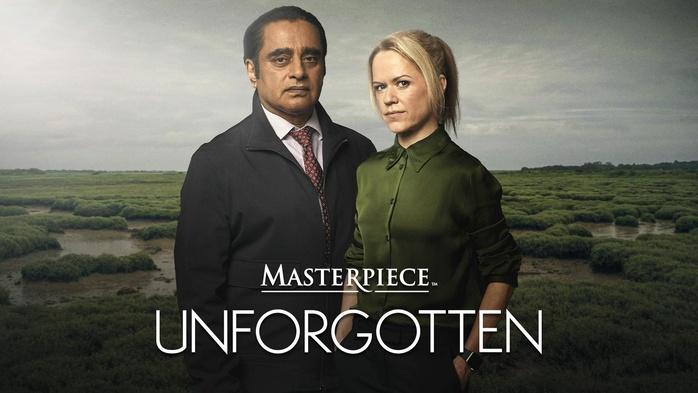

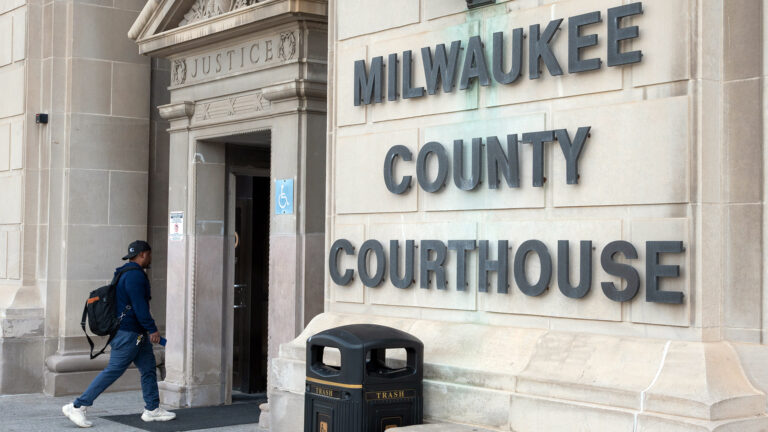
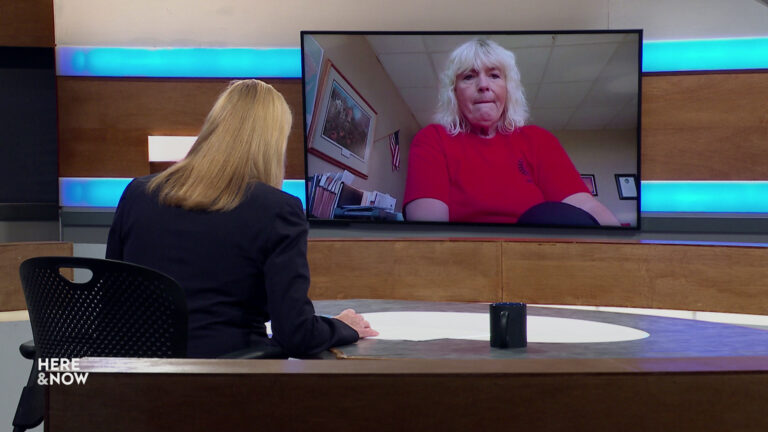
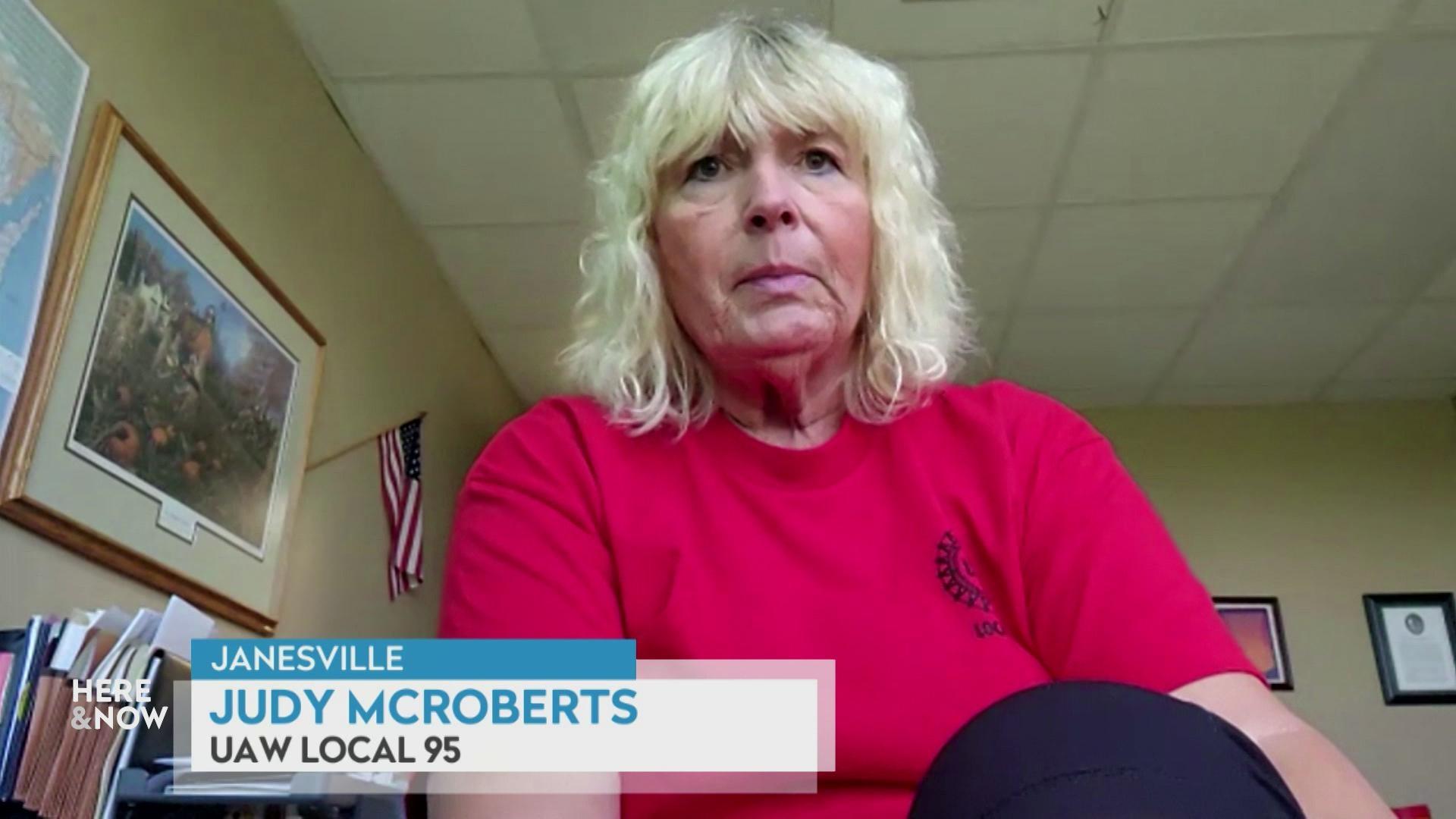
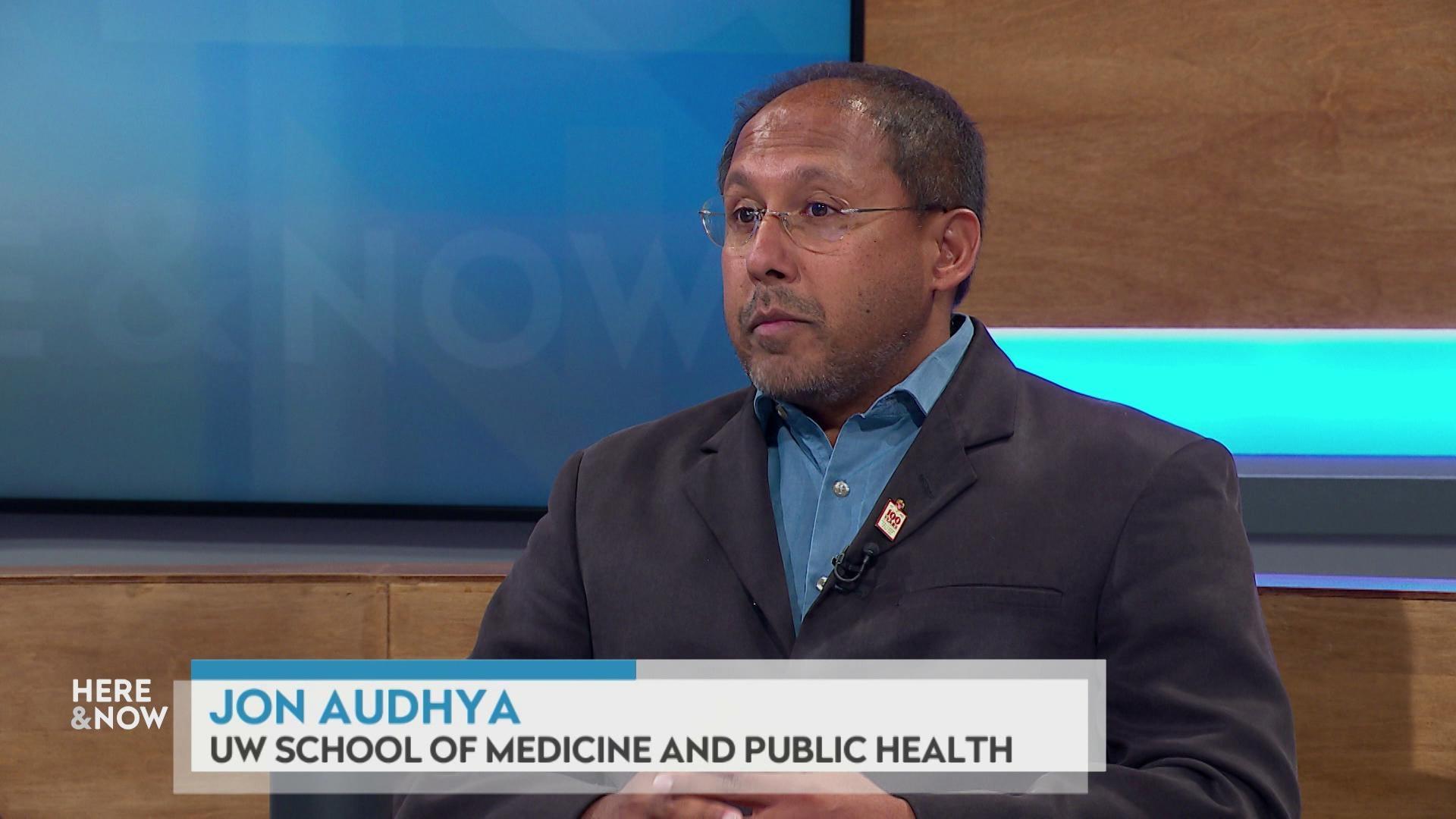
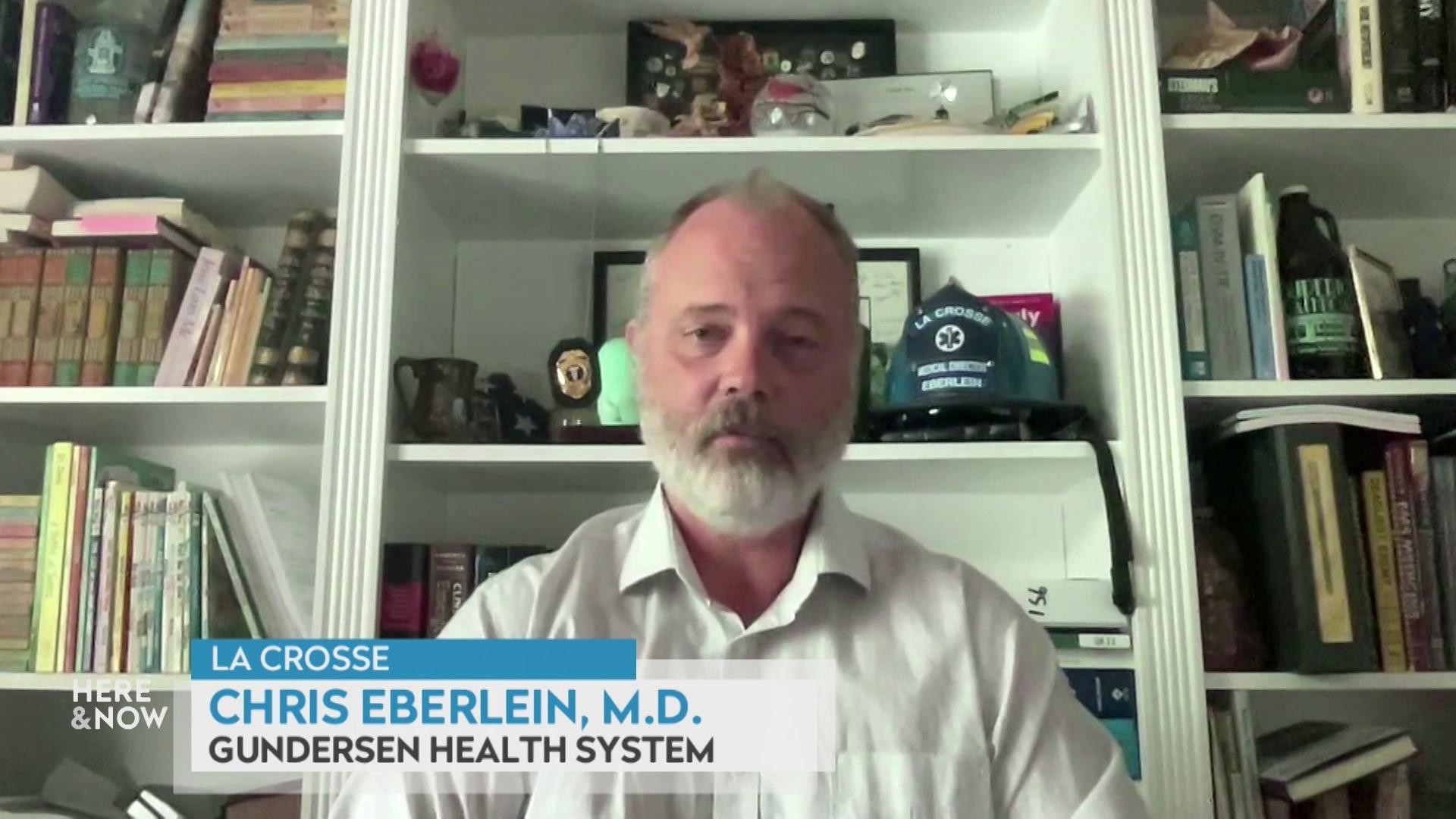
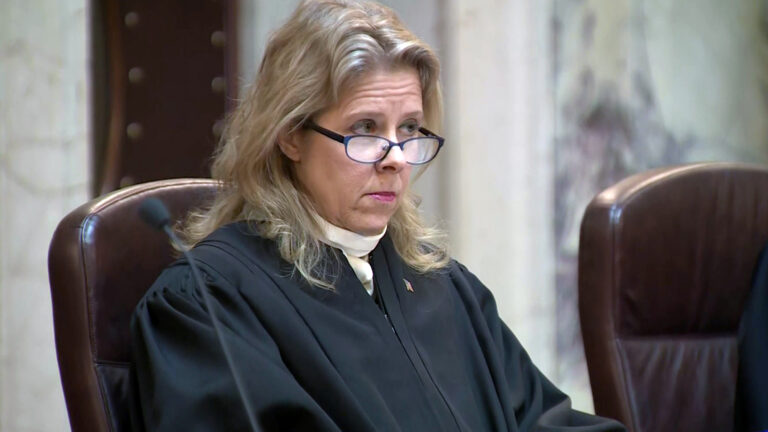

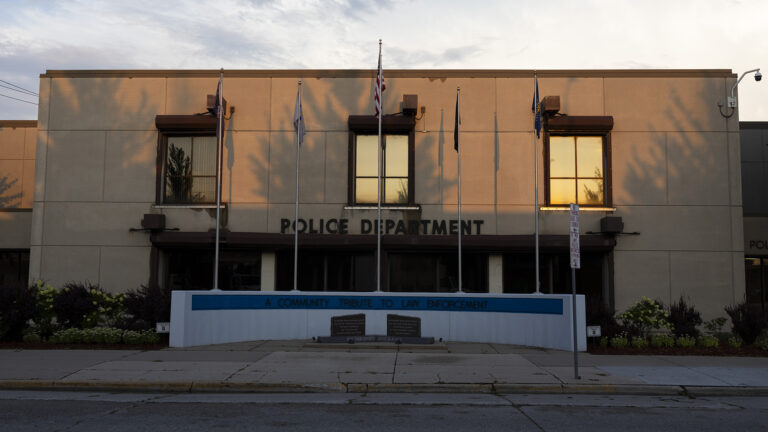
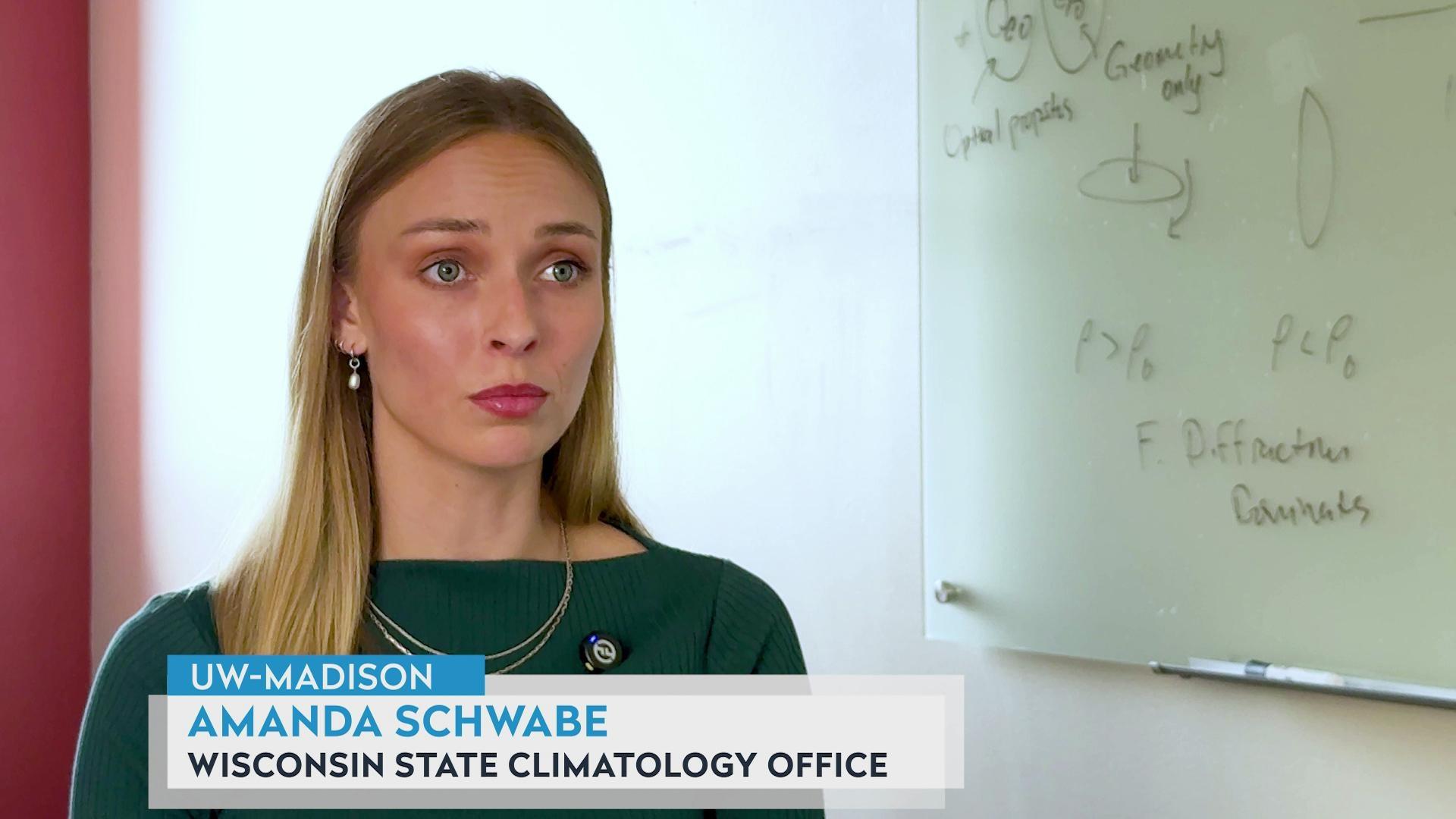
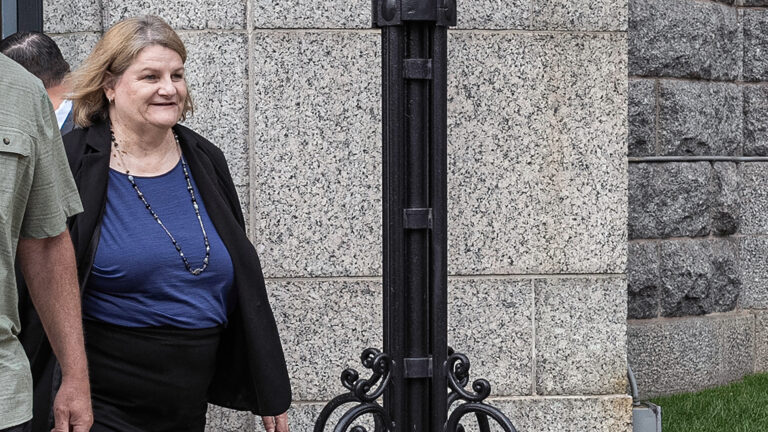
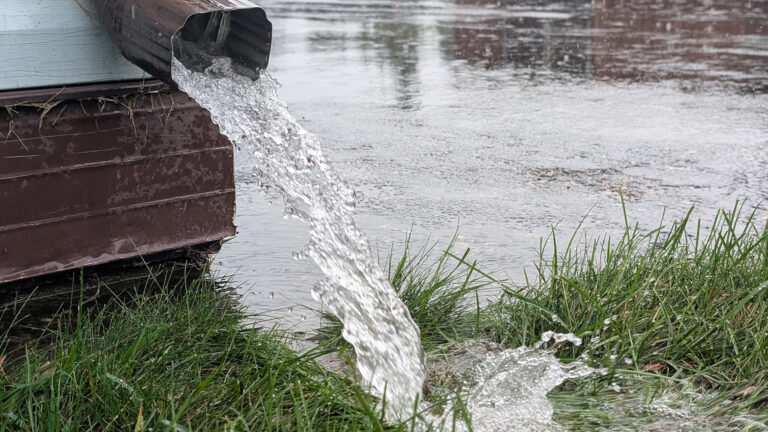


Follow Us